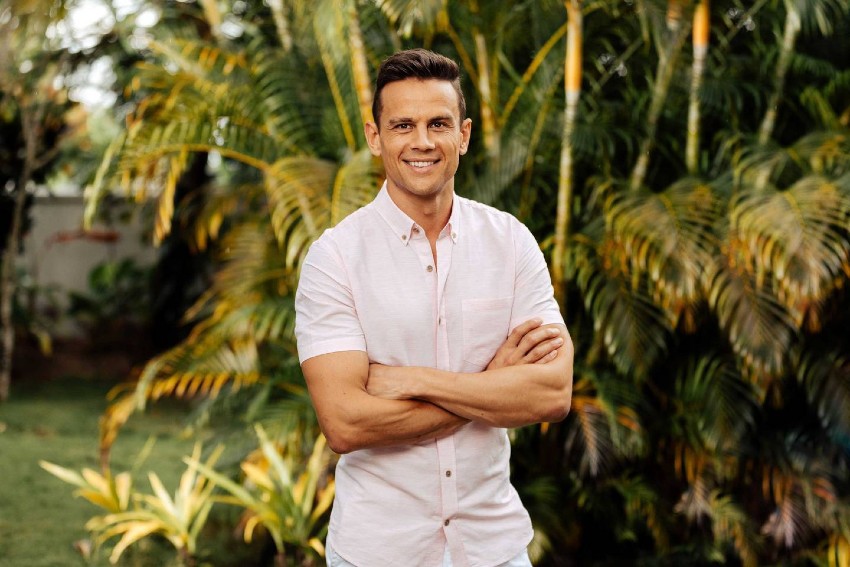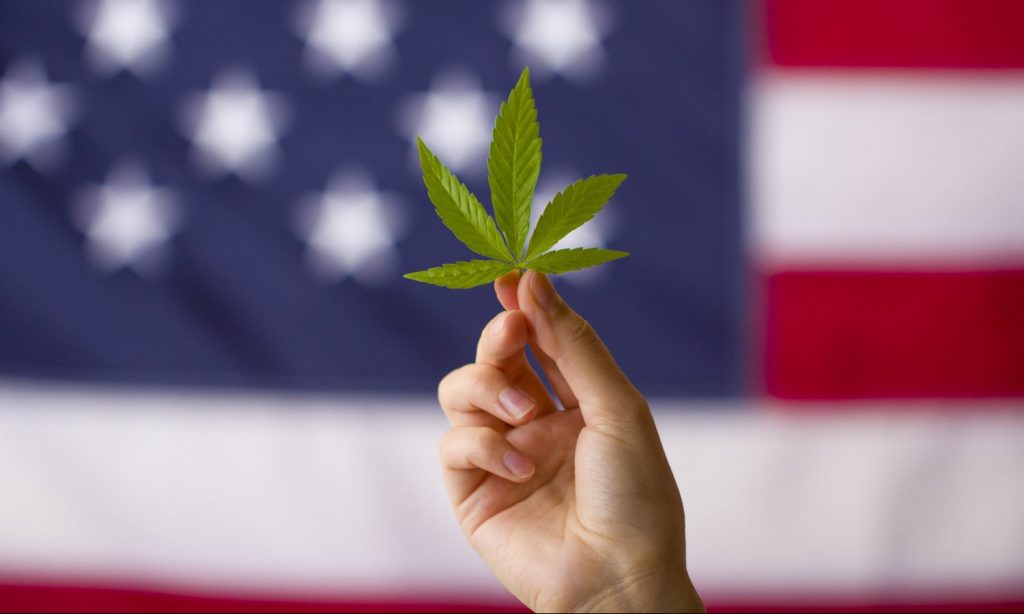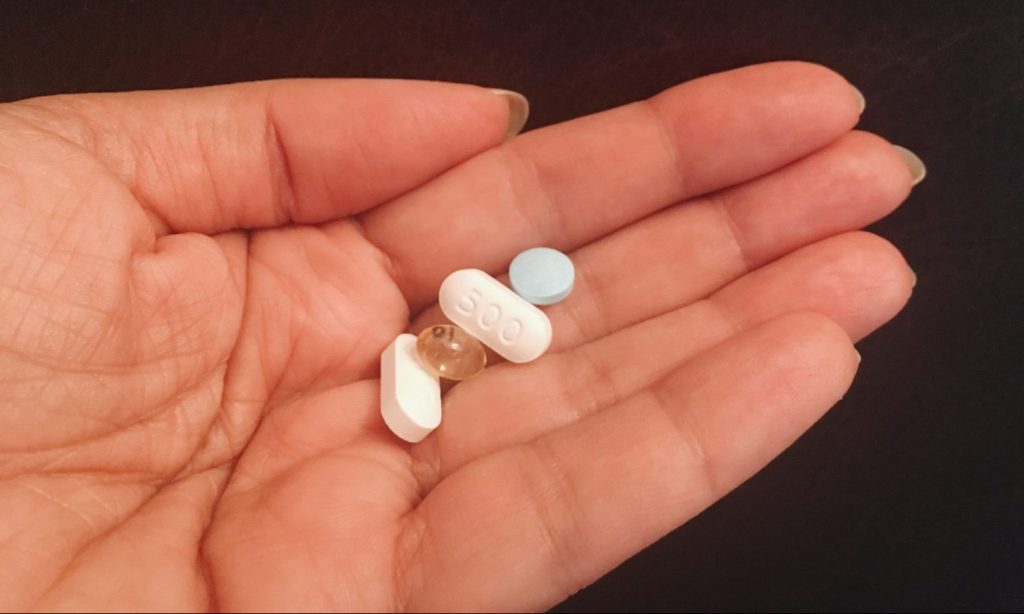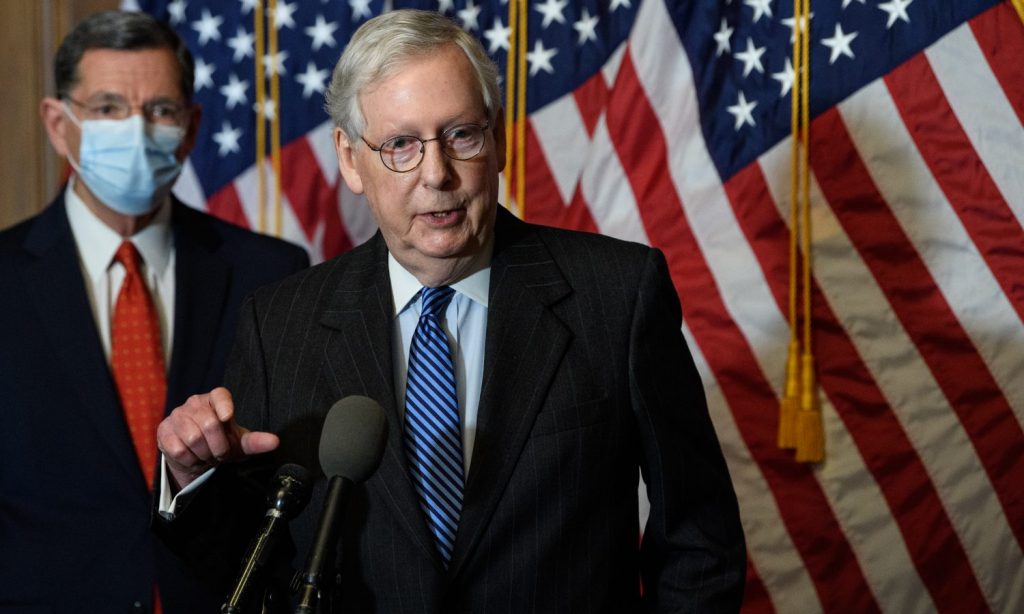At the behest of the Idaho Farm Bureau, the House Agriculture Committee has voted unanimously to introduce new legislation to legalize industrial hemp in Idaho, for production, processing, transportation and research. The vote clears the way for a full hearing on the bill, which supporters said they hope will settle years of debate about how to allow for industrial hemp production by Idaho agricultural producers without running afoul of concerns about hemp’s psychoactive cousin, marijuana.
Idaho is the last state in the nation to take this step; industrial hemp already is legal in 49 states and at the federal level. You can read my full story here at idahopress.com.
Braden Jensen, lobbyist for the Idaho Farm Bureau Federation, told the lawmakers, "Throughout the country, there are 49 states, two territories and 48 tribes that have legalized industrial hemp in some form or fashion. The Idaho Legislature has considered the issue over the past couple of years, and we bring before you today a new proposal for your consideration."
Jensen said the Farm Bureau worked with stakeholders on the issue including the agriculture industry, the trucking industry, state agencies and law enforcement.
"Our first goal is to legalize the production of industrial hemp in the state," he said. "Second, our goal is to maintain a strong and enforceable drug policy; and third, to work to ensure all stakeholders are comfortable with the proposal that we've developed. ... I do not pretend that everybody will love every aspect of the proposal that is before you. Nevertheless, it does represent a certain level of consensus among the stakeholders."









